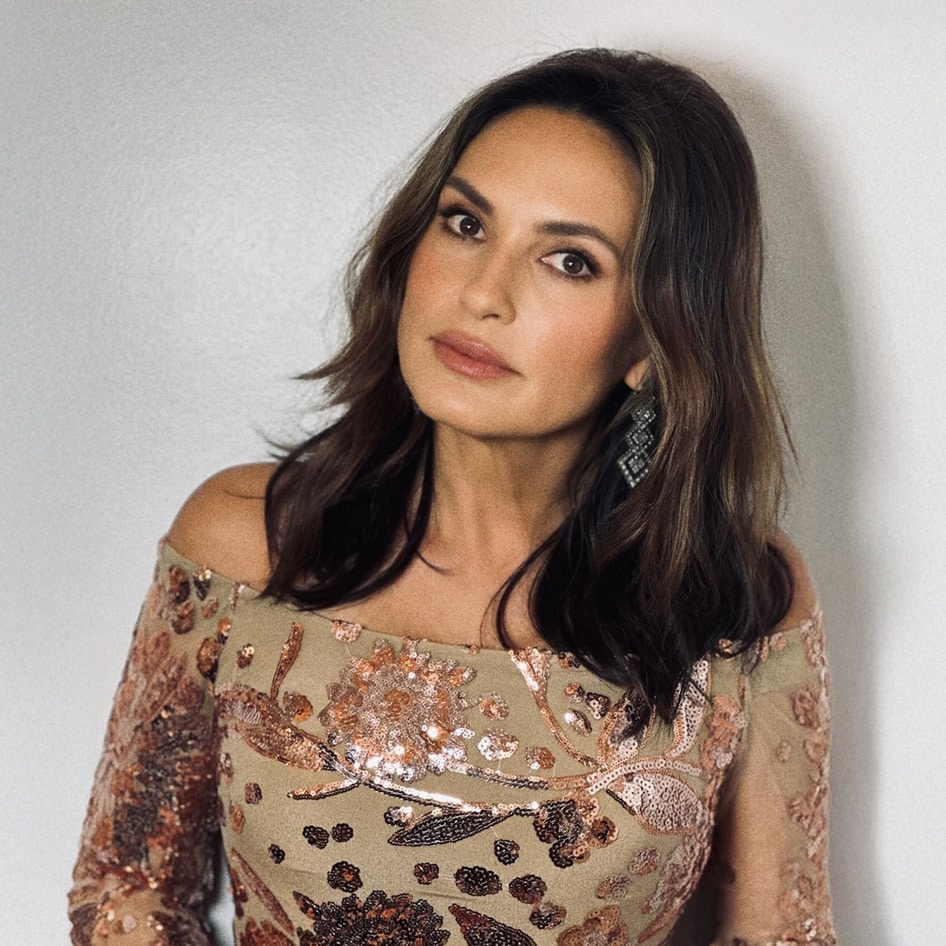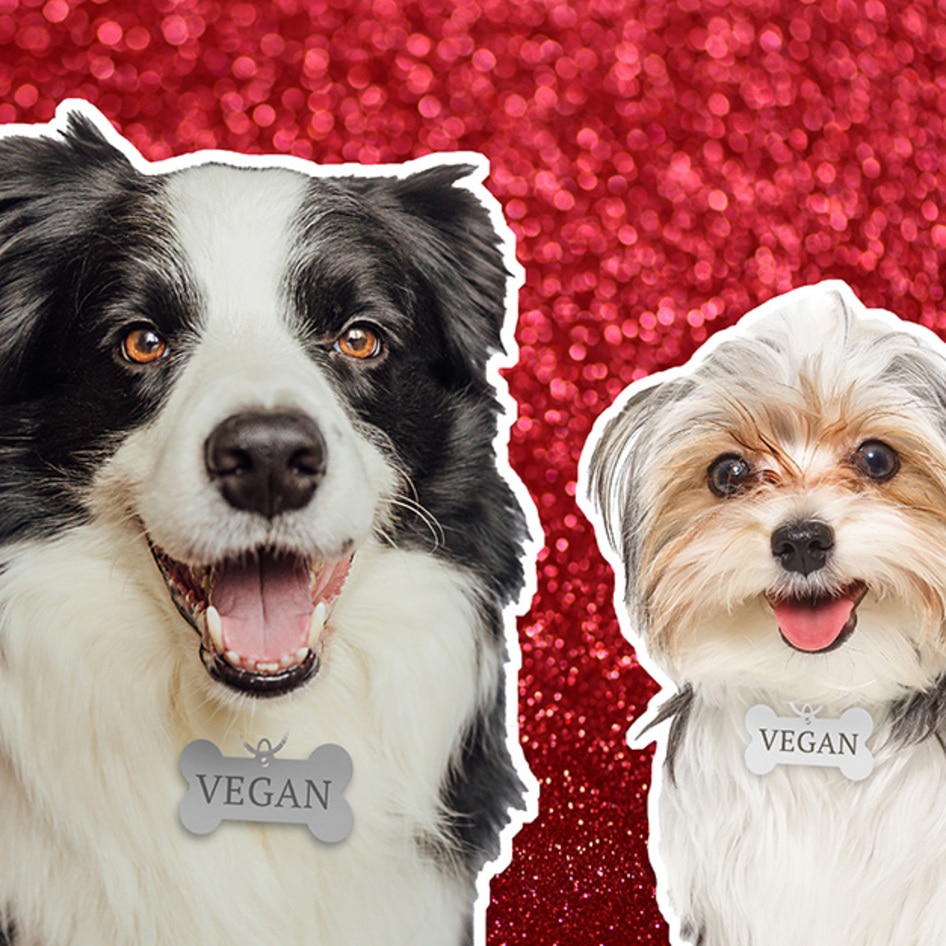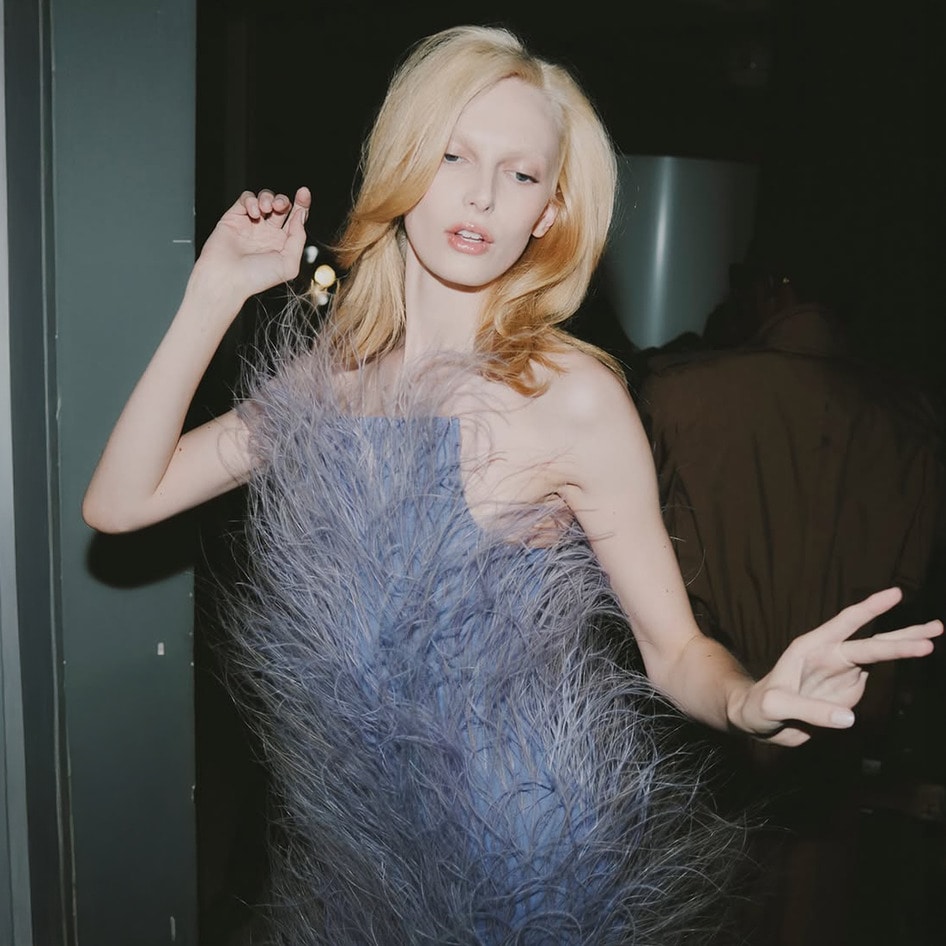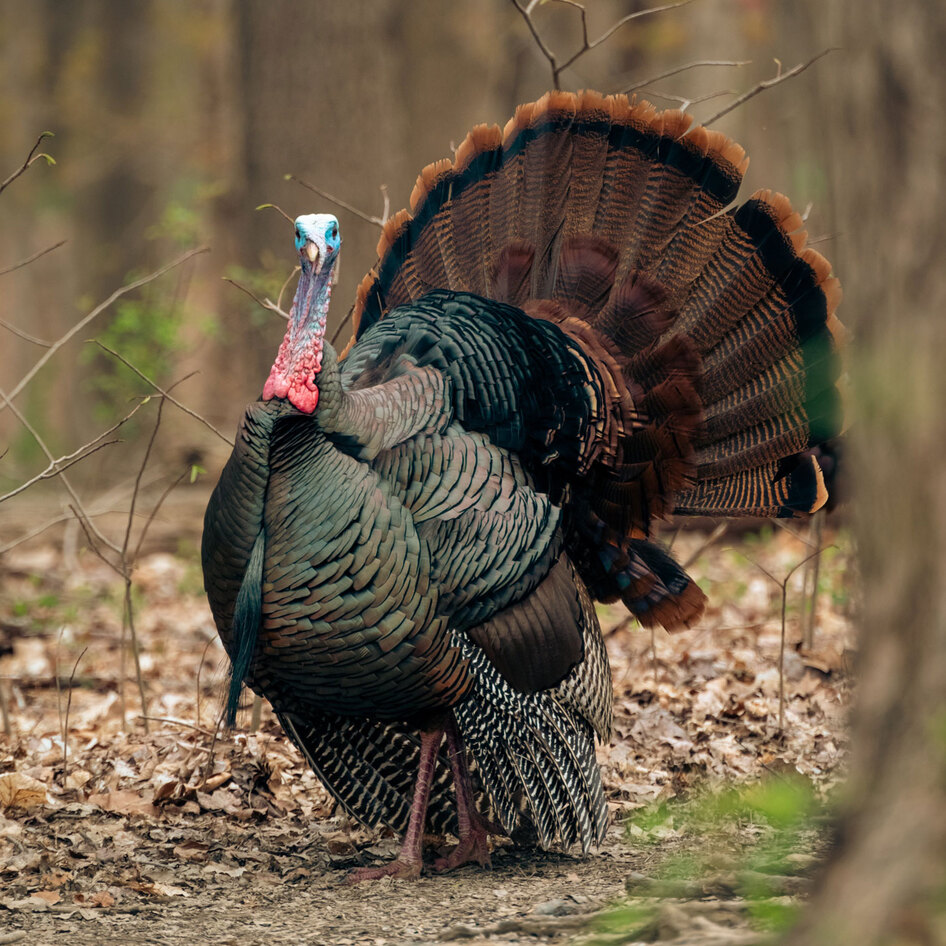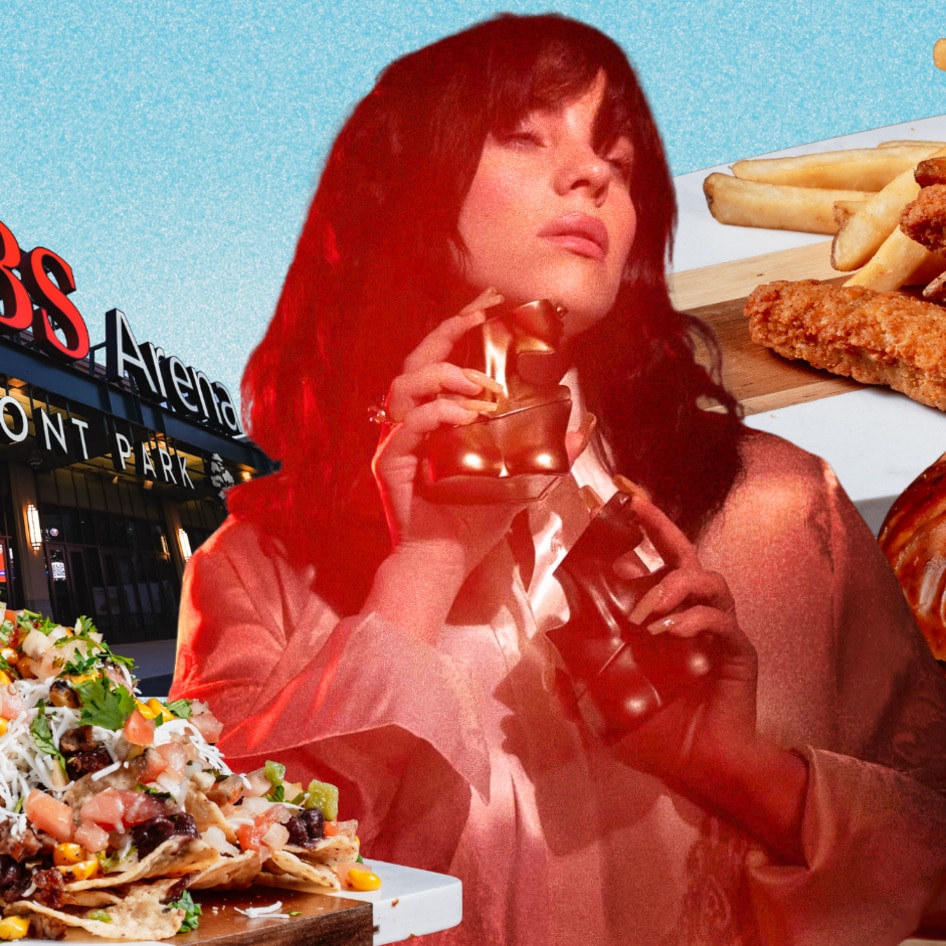7 Things You Don’t Know Before Adopting a Horse
Horses can be incredibly rewarding to have as companion animals—but it’s a lot more work than just carrots and sugar cubes.
January 14, 2017
One unseasonably warm winter morning, I looked out of my kitchen window to check on my horse Po and appreciate his presence, just as I do many times every day. But on this particular day, I did a double take. Was he just outside of my window grazing on the lawn? Could I have left the paddock gate open? Upon closer inspection, I saw that two rails of the wood fence were broken, and Po was learning that the grass was indeed greener on the other side. Since adopting Po, my sweet senior gelding from Tomten Farm and Sanctuary in Haverill, NH, I’ve learned a lot about what it means to care for a horse. Here are the seven things I never expected before welcoming Po to my home.
1. Horses can break a wood fence without a lot of effort
A slip, a lean, or a kick at the right angle can take down a rail in an instant. To remedy this, I make sure to have extra pressure-treated wood, a saw, and a drill on hand for quick repairs.
2. Horses “make” with a gusto!
As a dog and cat mom, I was shocked when I discovered that horses poop approximately a dozen times a day, resulting in nearly 50 pounds of waste! Luckily, horse poop makes for excellent compost for spring tomatoes, and all the shoveling tones deltoids, shoulders, and biceps.
3. Horses are not large dogs
Horses do not think or behave like dogs, and they were not selectively bred to worship us as dogs were. Instead, horses are thousand-pound prey animals with strong survival instincts that tend toward “flight” (which may or may not be accompanied by a buck!), so we need to be very intentional in our approach to building safe and trusting relationships with them.
4. Horses are expensive
Everyone tells you this, but until you have a horse, you don’t really understand how expensive a horse can be. Horse hooves need to be trimmed every seven weeks, while their teeth (which grow continuously) need to be “floated” twice a year. Horses also need heated water buckets that don’t ice over in the winter, and they eat seemingly non-stop. Then there are training costs and grooming and exercise supplies. And … let’s not forget that because horses are herd animals, they need constant companionship. In our case, the companion is a miniature horse who eats less but shares all the other needs (and therefore brings about additional costs). If you are planning to adopt a horse and have made a budget, quadruple it, and you should be about right.
5. Horses make us better people
Horses put us in a state of constant learning, reflection, and revision because working with them requires us to understand their natural instincts and behaviors. Humans also have to develop a mutual understanding not based on fear or force but on release from pressure. In other words, we become more empathetic by working with horses from their points of view. Because horses are so perceptive about reading our body language, emotion, and energy—and offer feedback through their own reactions—they allow us the opportunity to become reflective about our behaviors, emotions, and energies when we are around them. If we are willing to be vulnerable enough, horses teach us to be self-aware and compassionate people with the entire world.
6. There’s a world of cool lingo for horse people to learn
Did you know that the “easy keeper” puts weight on, while the “hard keeper” eats for two or three and still looks too thin? A “good minded” horse is adaptable, hard-working, and easy to teach, but still might freak out at the sight of a barn cat or a plastic trash bag blowing by. A “bombproof” horse would surely spook at a bomb, but would likely ignore the barn cat and the plastic bag.
7. Horses are not just utilities
Historically, humans have used horses for work, but now we also use them for sport or recreation. What happens when horses grow old or are no longer useful to us? Some fortunate horses live in forever homes and can retire in style. But too often, they are priced to sell, they go to auction, and get purchased for slaughter. The lucky ones, which are few and far between, get rescued from auction.
Gianna Cassetta is a writer and educator who believes living with animals and plant-based eating makes the world a better place.
JUMP TO ... Latest News | Recipes | Guides | Health | Subscribe

